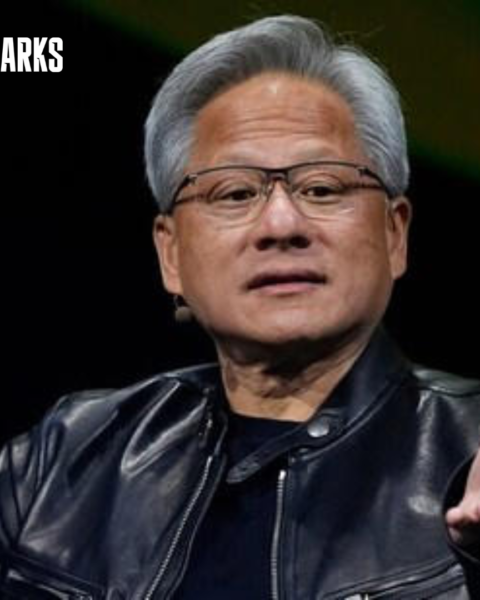Washington’s crackdown on advanced AI chips to China

On Friday, The Biden administration changed rules to make it more difficult for China to access U.S. artificial intelligence (AI) chips and chipmaking devices. This action was part of a larger strategy to hobble Beijing’s chipmaking industry over national security matters.
Introduction of New Rules
In October, Washington introduced new regulations aimed at curbing the export of more advanced AI chips to China, particularly those developed by companies like Nvidia.
These measures come amidst growing concerns that Beijing’s technological advancements could potentially bolster its military capabilities.
Scope of the Rules
The newly released regulations, spanning 166 pages, officially take effect on Thursday. They provide clarity on various aspects, including the extension of restrictions on chip shipments to China to encompass laptops containing such chips.
Also read: XIAOMI ANNOUNCES PRICING FOR SU7 SERIES
This broader application underscores the U.S. government’s commitment to tightening controls over critical technologies.
Impact and Enforcement
Under the purview of the Commerce Department, which oversees export controls, these rules represent a proactive approach to regulate technology shipments to China.
As part of ongoing efforts to address national security concerns, the department intends to continuously update and refine these restrictions. This dynamic approach reflects Washington’s determination to safeguard sensitive technologies and mitigate potential risks associated with their transfer to China.
Share This
Tony Boyce is a seasoned journalist and editor at Sharks Magazine, where his expertise in business and startups journalism shines through his compelling storytelling and in-depth analysis. With 12 years of experience navigating the intricate world of entrepreneurship and business news, Tony has become a trusted voice for readers seeking insights into the latest trends, strategies, and success stories.























